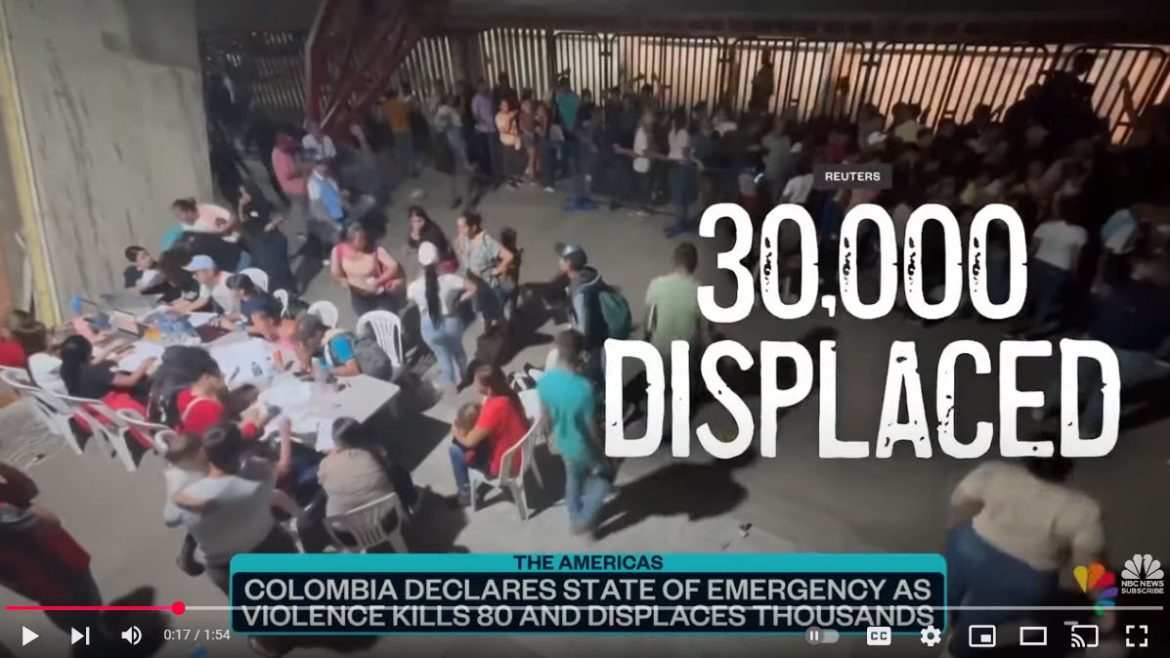In response to a surge in guerrilla attacks in northeastern Colombia, President Gustavo Petro has declared a state of emergency to address the escalating violence that has resulted in at least 100 deaths and the displacement of over 32,000 individuals. The conflict primarily involves clashes between the National Liberation Army (ELN) and dissident factions of the Revolutionary Armed Forces of Colombia (FARC-EMC) in the Catatumbo region, a critical area for coca cultivation and drug trafficking.
The Catatumbo region, located along the border with Venezuela, has long been a hotspot for armed groups due to its strategic importance in the drug trade. Following the 2016 peace agreement between the Colombian government and the FARC, some dissident factions rejected the accord and continued their operations, leading to territorial disputes with other groups like the ELN. These disputes have intensified recently, resulting in violent confrontations and significant civilian casualties.
The United Nations reports that the humanitarian crisis has severely impacted local communities, with approximately 46,000 children unable to attend school due to safety concerns. Many residents have sought refuge in neighboring Venezuela, further complicating regional stability. In response to the violence, President Petro has suspended peace negotiations with the ELN and reactivated arrest warrants for 31 of its top leaders, including key figures such as Pablo Beltrán and Antonio García. The government has deployed an additional 5,000 troops to the affected areas to restore order and protect civilians.
This escalation poses a significant challenge to President Petro’s “Total Peace” initiative, which aimed to negotiate peace agreements with various armed groups. Critics argue that the current situation underscores the need for a reassessment of strategies to achieve lasting peace in Colombia. The government’s decision to take a more aggressive stance against the ELN marks a shift from previous efforts at dialogue, reflecting the complexities of addressing entrenched armed conflicts in the region.



